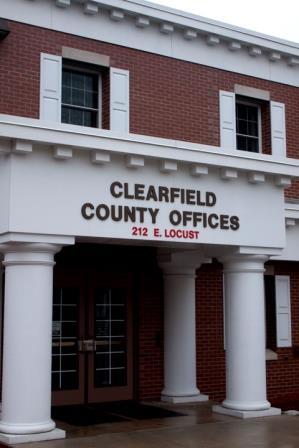By Dan Merica
WASHINGTON (CNN) — The congressional spending bill agreed to on Tuesday night blocks Washington, DC lawmakers from using federal or local funds to implement November’s popularly passed referendum to legalize marijuana in the district.
The legislation, according to a release from Republican Rep. Hal Rogers, chairman of the House Appropriations Committee, “prohibits both federal and local funds from being used to implement a referendum legalizing recreational marijuana use in the district.”
The language in the bill — found on page 660 of the 1,603 page document — is word-for-word what Republican Rep. Andy Harris of Maryland proposed earlier in the year.
“None of the funds contained in this act may be used to enact or carry out any law, rule or regulation to legalize or otherwise reduce penalties associated with the possession, use, or distribution of any schedule I substance under the Controlled Substances Act or any tetrhydrocannabinols derivative for recreational purposes,” reads the bill.
DC marijuana activists’ worst fears were realized on Tuesday night with the agreed upon language. Earlier in the day, activists worried that Congress would thwart November’s popular vote to legalize pot in the district.
“This House language sucks,” Adam Eidinger, chair of the DC Cannabis Campaign, said after the language was released. “Only the Senate can step up and do something or presidential veto. Otherwise our election has just been overturned and we will take it to the streets.”
In response to the Congress’ decision, pro-marijuana groups are prepared to protest Wednesday night.
Although the proposal needs to pass the House and Senate and get signed into law by the President, it appears unlikely the Democrats will risk shutting down the government to remove the marijuana language.
Senate Majority Leader Harry Reid, who believes that DC should be able to do what it wants, admitted to reporters earlier today that “if they put it in there, it’s going to be hard to take it out.”
And in announcing the deal, Rep. Nita Lowey, D-New York, said that although she “strongly oppose[s] several policy riders included in this final agreement … I am pleased Democrats were able to eliminate many of the most damaging provisions.”
By moving to stop legalization efforts in DC, Congress will have trumped the over 70 percent of district residents who voted to legalize marijuana in November.
Congress, under DC’s Home Rule charter, is able to veto every law approved by either DC voters or government. In the past, this power has been used to block everything from abortion spending to needle exchange.
During the 2011 budget negotiations, President Barack Obama reportedly used the district’s law of paying for low-income women’s abortions as a bargaining chip with House Speaker John Boehner.
“John, I will give you DC abortion. I am not happy about it,” Obama said, according to The Washington Post.
“This was always a possibility but I think it is very, very disturbing that Democrats have given this away,” said Michael Collins, policy manager for the Drug Policy Alliance, a group that lobbied for the DC law. “This is really one of the final acts of Democratic leadership before Republicans control both sides and for them to give this away, it just seems to very tone deaf.”
The DC Cannabis Campaign, the group who introduced and passed the legalization ballot initiative, also blamed congressional Democrats for blocking the legislation.
“This is a big issue and if you are going to overturn an election, you are going to demoralize young Democrats across the country,” said Eidinger said.
DC Mayor-elect Muriel Bowser has not yet commented on the possibility of Congress addressing the district’s marijuana law. But her spokesman, Joaquin McPeek, before the language came out on Tuesday that Bowser “would hope that Congress would respect the will of the voters and reject any challenge to their rights.”
With Congress blocking marijuana funding, expect many DC residents to cry foul about what they calling living under the thump of Congress.
“This is nothing new,” said Mark Plotkin, a longtime figure in DC politics. “We are a colony. We are America’s colony and anytime they want to screw around with us, they can do such things.”
What’s more, while Congress is making decisions for the district, proponents of district autonomy were quick to point out that district residents still have no voting member of the House or Senate.
The-CNN-Wire
™ & © 2014 Cable News Network, Inc., a Time Warner Company. All rights reserved.




